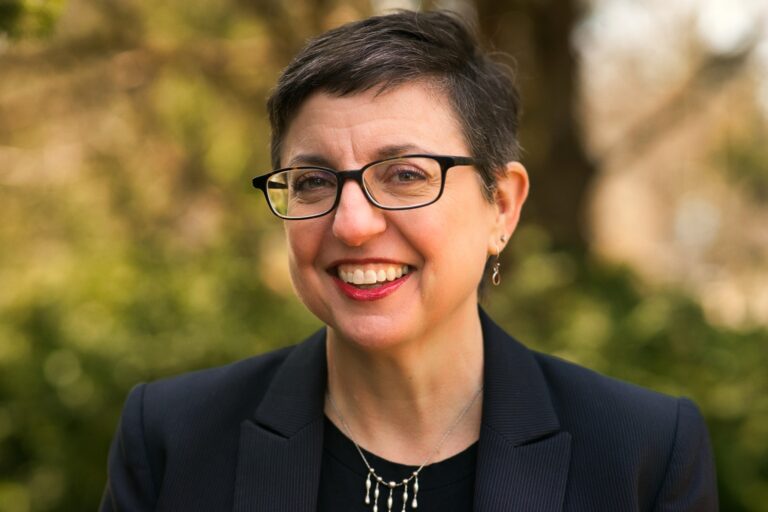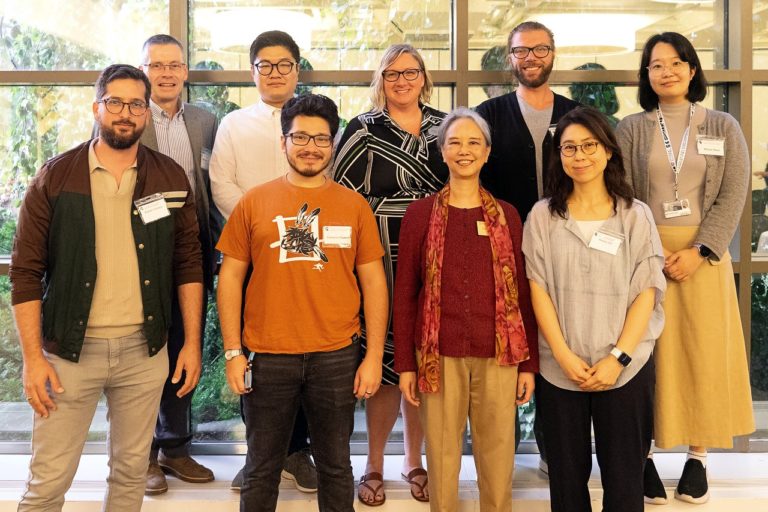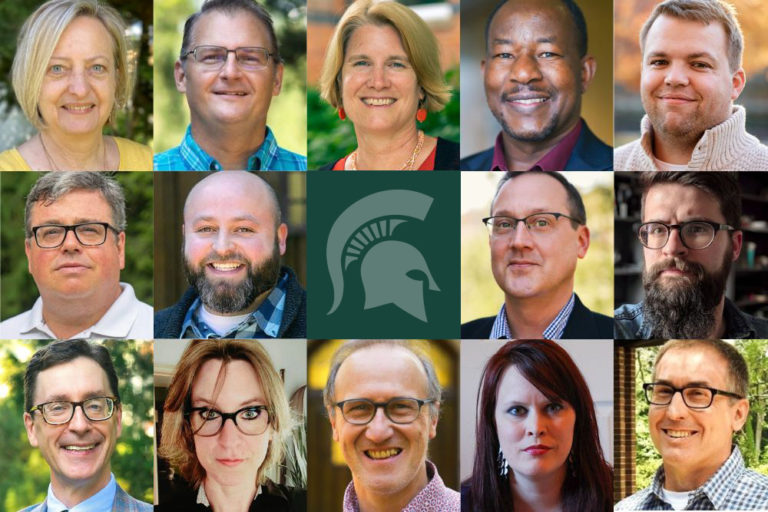Kristin Arola has been hired as Associate Professor in the Department of Writing, Rhetoric, and American Cultures (WRAC), effective August 16, 2017, and will contribute to the development of the College’s Critical Diversity in a Digital Age (CDDA) initiative as well as to the Cultural Rhetorics doctoral concentration.
Arola previously served as Associate Professor of Rhetoric, Composition, and Technology at Washington State University, where she taught courses in digital rhetoric and multimodal composition. She also was the Director of Graduate Studies for the Department of English and had served as the Director of the Digital Technology and Culture program for five years.

“We in WRAC are enormously happy that Dr. Arola will be joining us,” said Malea Powell, Chair of the Department of Writing, Rhetoric, and American Cultures. “She is a well-known and well-respected scholar of digital and indigenous rhetorics and we’re excited about what she’ll bring to the intellectual community of our department as well to our participations in the CDDA and CEDAR initiatives.”
Arola’s research focuses on American Indian rhetorics, multimodal composition, and digital rhetoric. She is committed to examining and encouraging scholarship that offers a greater understanding of digital composing practices within larger social and cultural contexts.
Her ongoing project is based on working with women from her mother’s tribe, the Keweenaw Bay Indian Community of the Lake Superior Band of Chippewa Indians. In this research, she explores how women learn to craft cultural objects and how they understand “right” and “wrong” ways of making within specific cultural contexts.
As part of the College of Arts & Letters’ Critical Diversity in a Digital Age initiative, Arola will develop research programs and curricula and seek external funding focused on digital theory and practice and issues of social justice with regard to race, ethnicity, gender, sexuality, class, and religion.
The goal of the Critical Diversity in a Digital Age initiative is to advance the recognized strengths of Michigan State University in the digital arts and humanities through a focus on questions of race, inclusion, cultural preservation, global interconnectedness, and engaged scholarship.
“I am pleased to welcome Dr. Arola to the College of Arts & Letters. She brings 11 years of experience in digital rhetoric and multimodal composition at Washington State University with her to MSU,” said Christopher P. Long, Dean of the College of Arts & Letters. “That experience will help shape our efforts to advance engaged scholarship in indigenous studies through the Critical Diversity in a Digital Age initiative.”
Arola, who is from Michigan, is looking forward to moving back to her home state.
“During my campus visit, I joked with folks that being back in Michigan made me want to lie on the ground and smell the earth. I grew up in Dollar Bay, a small town in the Keweenaw Peninsula of the Upper Peninsula of Michigan, and my family roots in the area go back centuries,” Arola said. “To be back near my homeland, to be able to work directly with Anishinaabe peoples of the Upper Great Lakes region, and to do this work in such an innovative and dynamic department, College, and University is truly a dream come true.”
Arola earned her Ph.D. and M.S., both in Rhetoric and Technical Communication, from Michigan Technological University.


